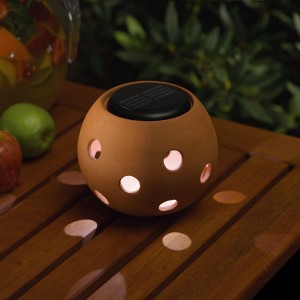 Reading books is as much fun, and as much habit-forming as playing a video game. That’s what we tell people who come to Kaleidoscope, wishing their children were a little more interested in reading. However, for book-reading to become a habit, children need to be introduced to the joys of reading for its own sake.
Reading books is as much fun, and as much habit-forming as playing a video game. That’s what we tell people who come to Kaleidoscope, wishing their children were a little more interested in reading. However, for book-reading to become a habit, children need to be introduced to the joys of reading for its own sake.
We’ve always believed that children develop a reading habit when they enjoy books for the worlds it opens up for them. We’ve also noticed that children find it off-putting to be set well-intentioned “reading assignments” at the end of which they have to generate a report or review of what they have read. So we formulated these beleifs into a new reading program. We’ve called it “What’re you reading?”
The program is for young children aged 6-9 years. In this program:
- Children develop a comfort with books and reading and enjoy professional audio books.
- They discover the joy of words, pictures, stories. This happens by
- listening to facilitators read aloud books,
- reading books themselves
- participating in role-based reading with the group
- recording, and listening to their own voice (this gives them powerful, feedback on their reading, free of value judgements)
- As a by-product, children improve their vocabulary, acquire correct pronunciation and develop listening skills.
- And importantly, children learn to value books, and handle them with care.
Other details:
One hour sessions, three times a week – on Tuesdays, Wednesdays and Thursdays. 4.30 pm to 5.30 pm
12 sessions per month. This is an on-going program. You can join the program at any time.
Fee per month: Rs 1000





